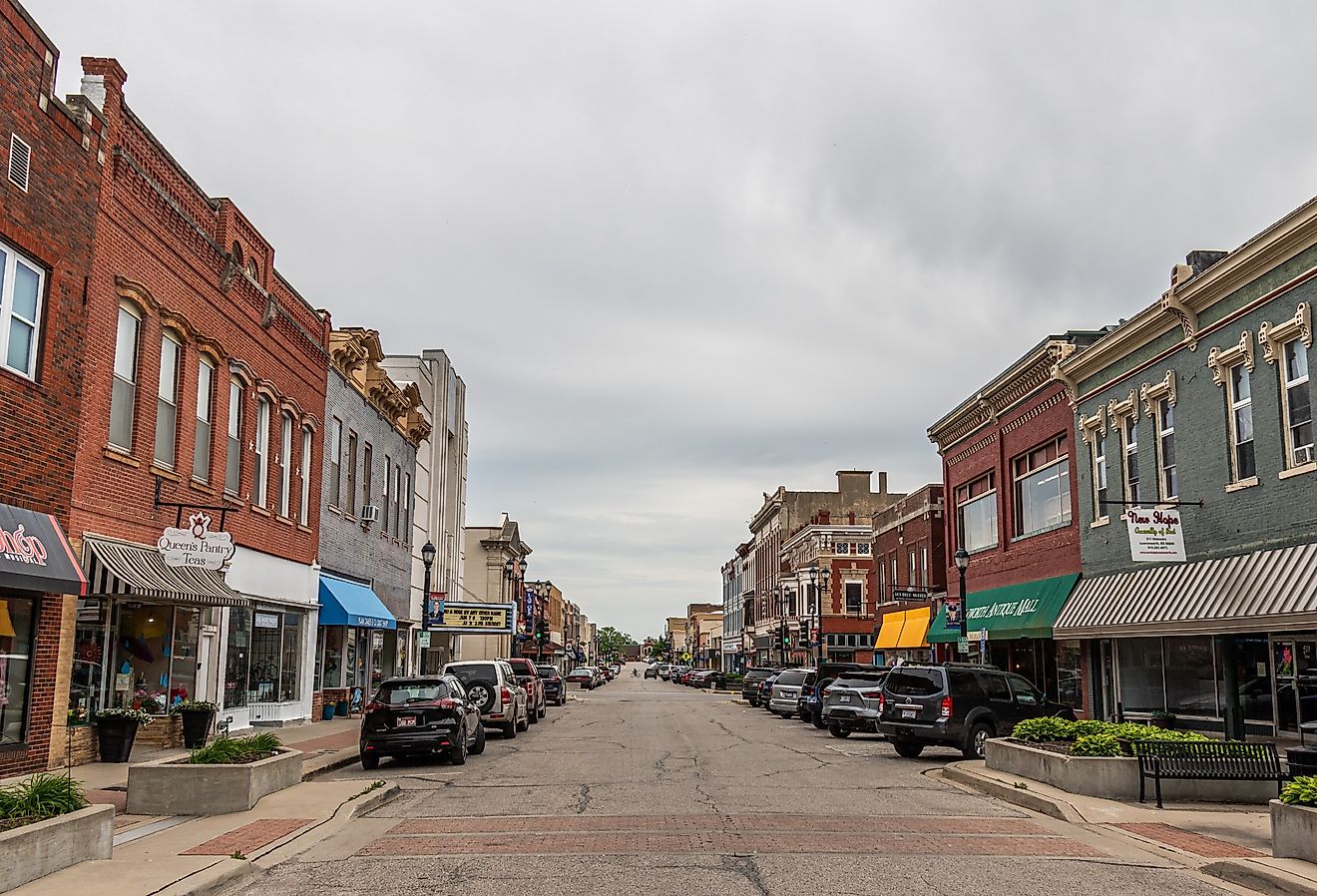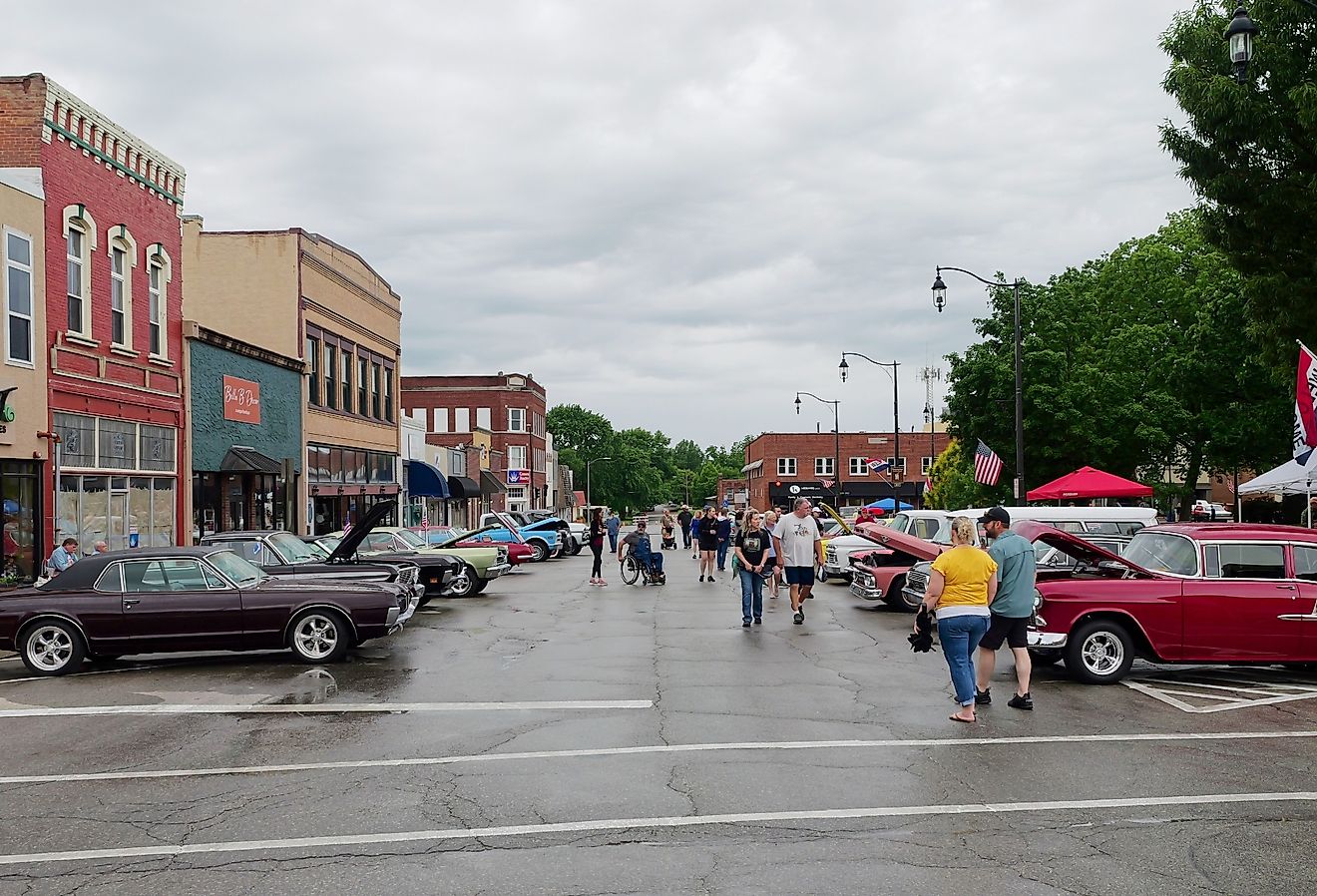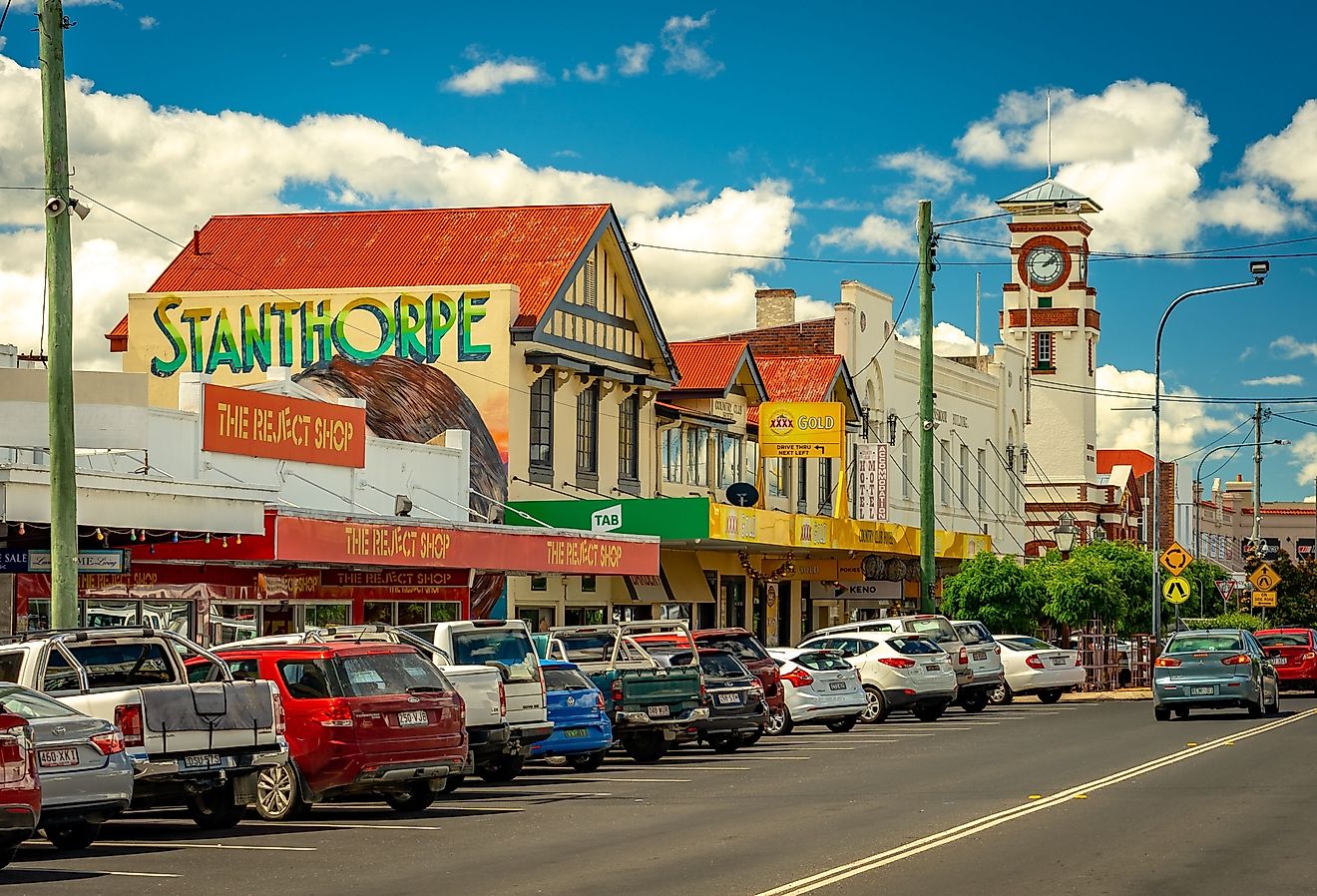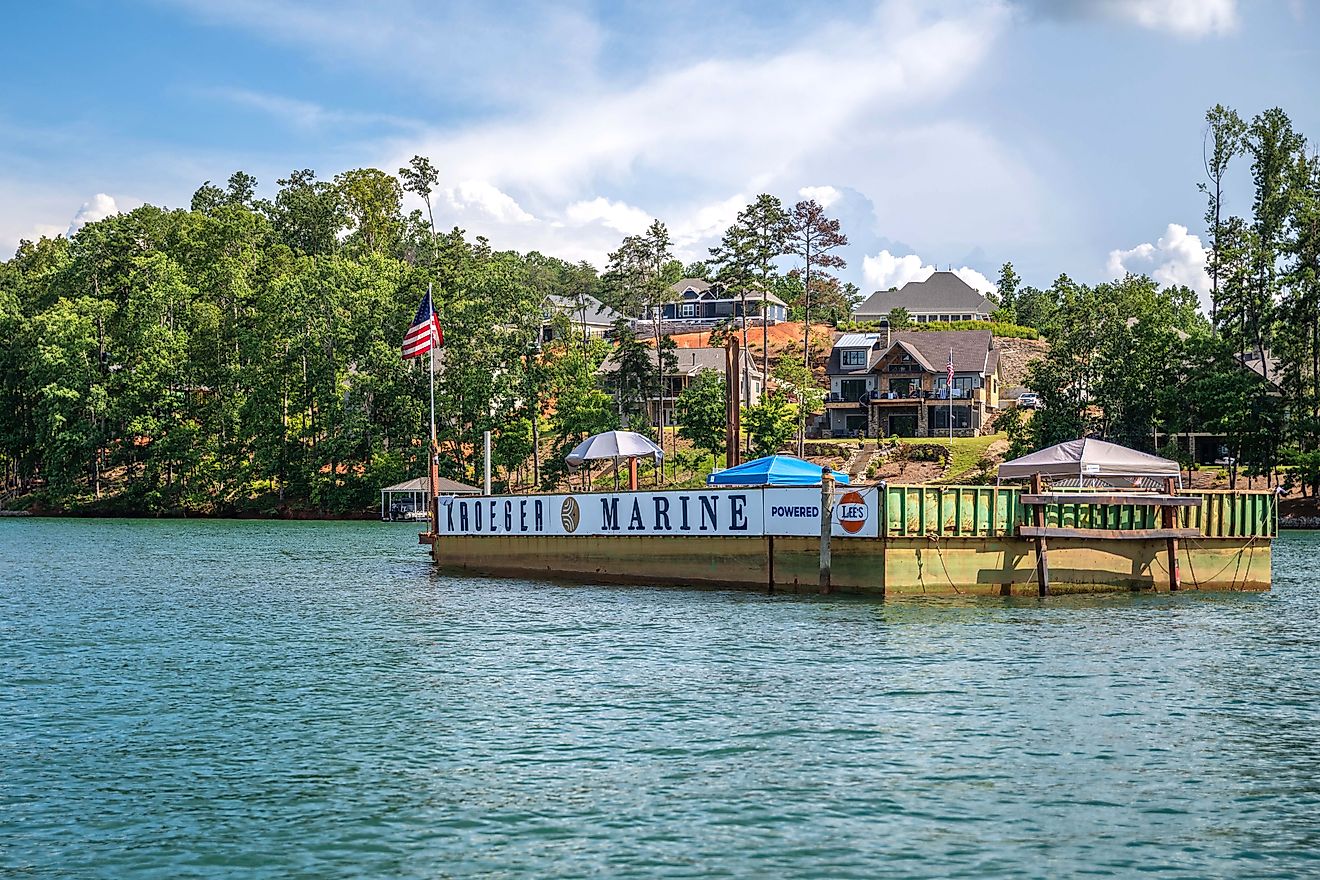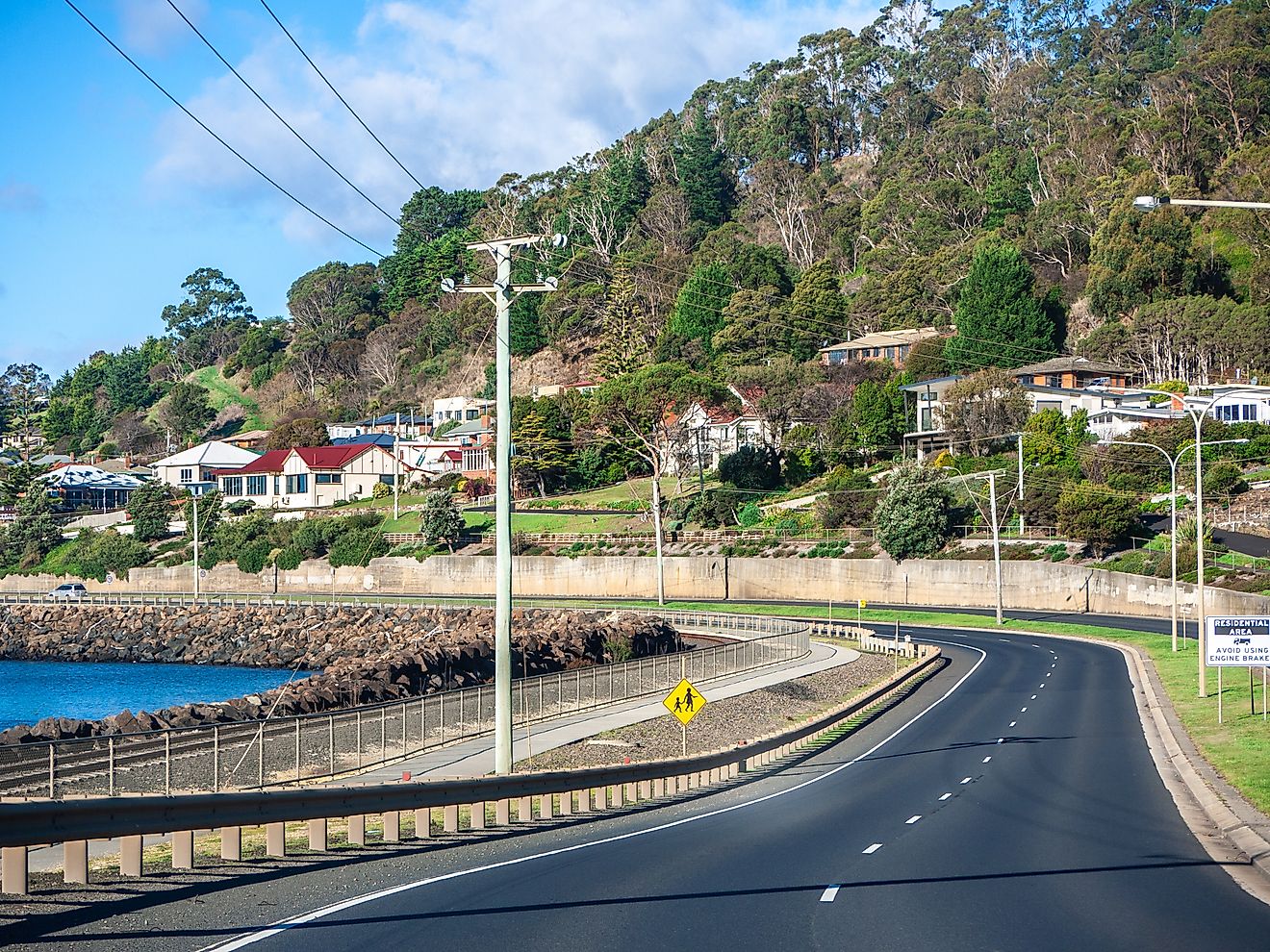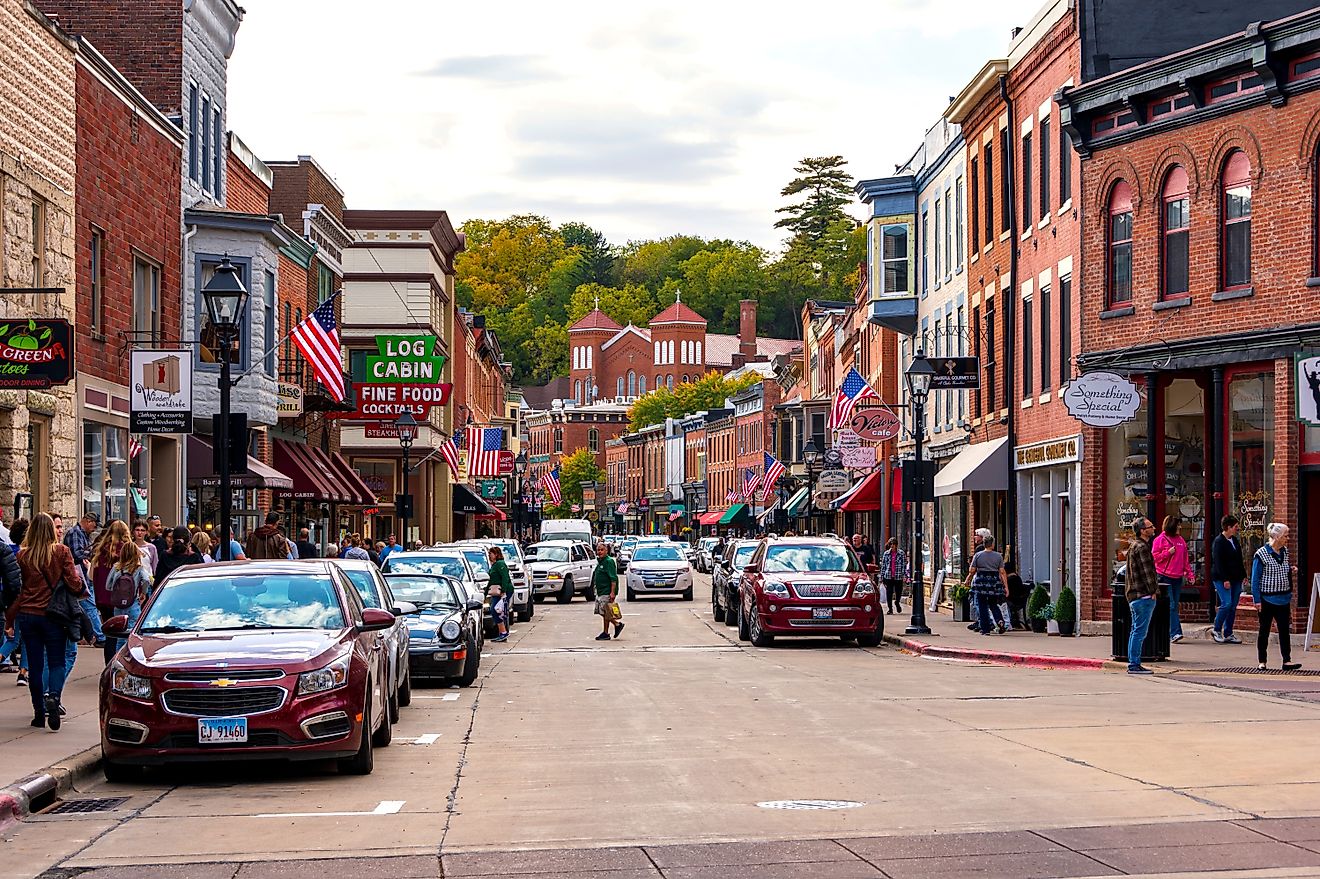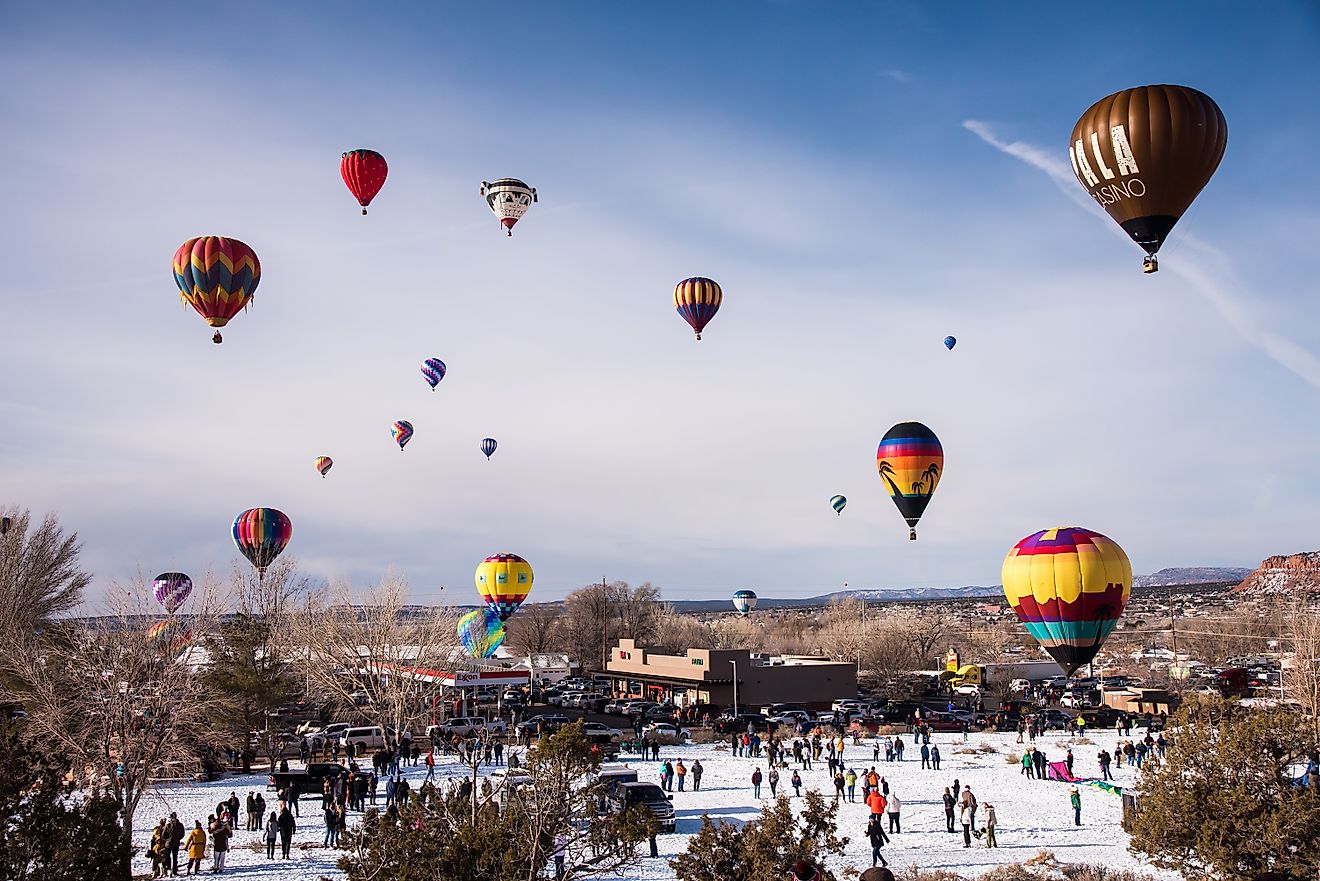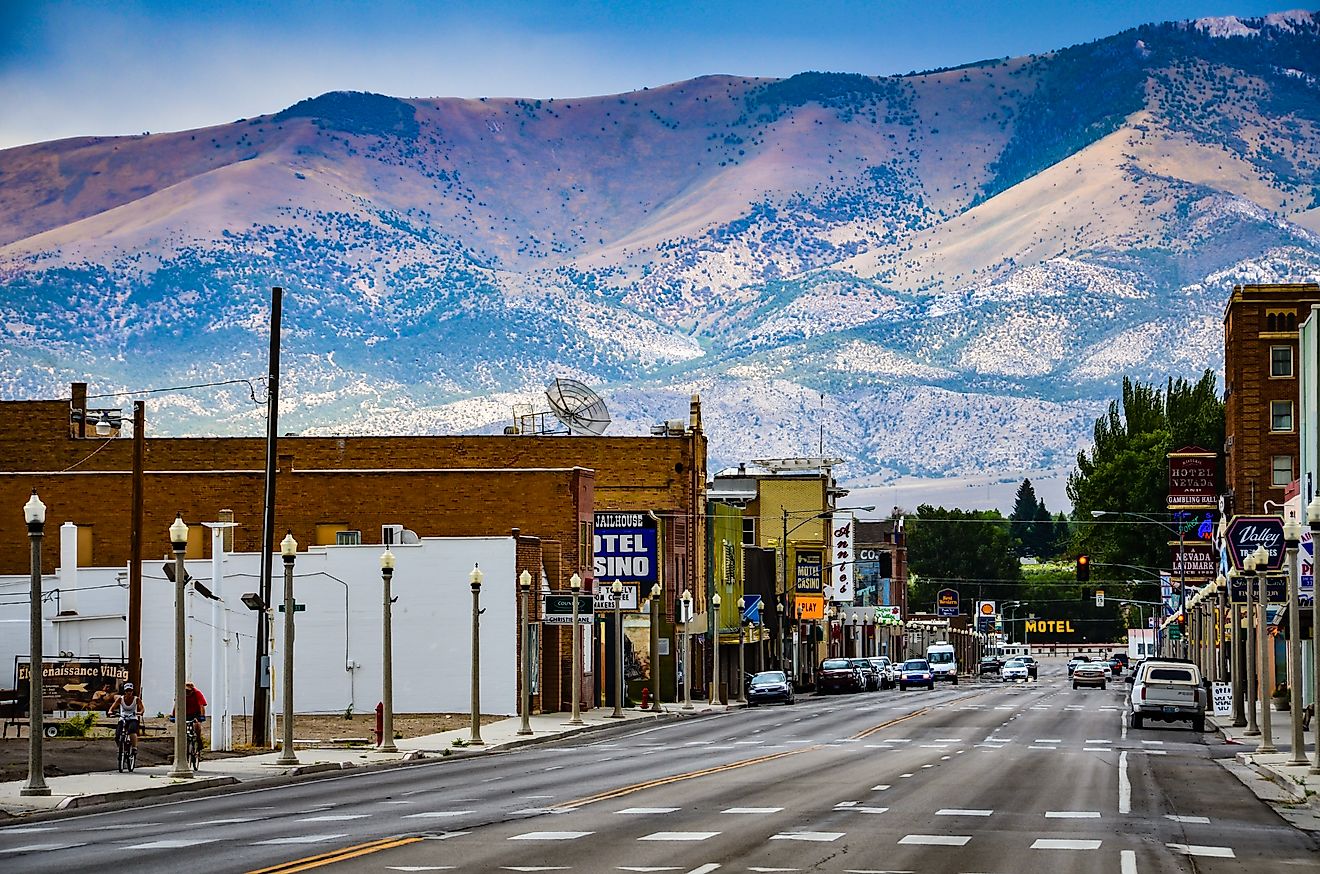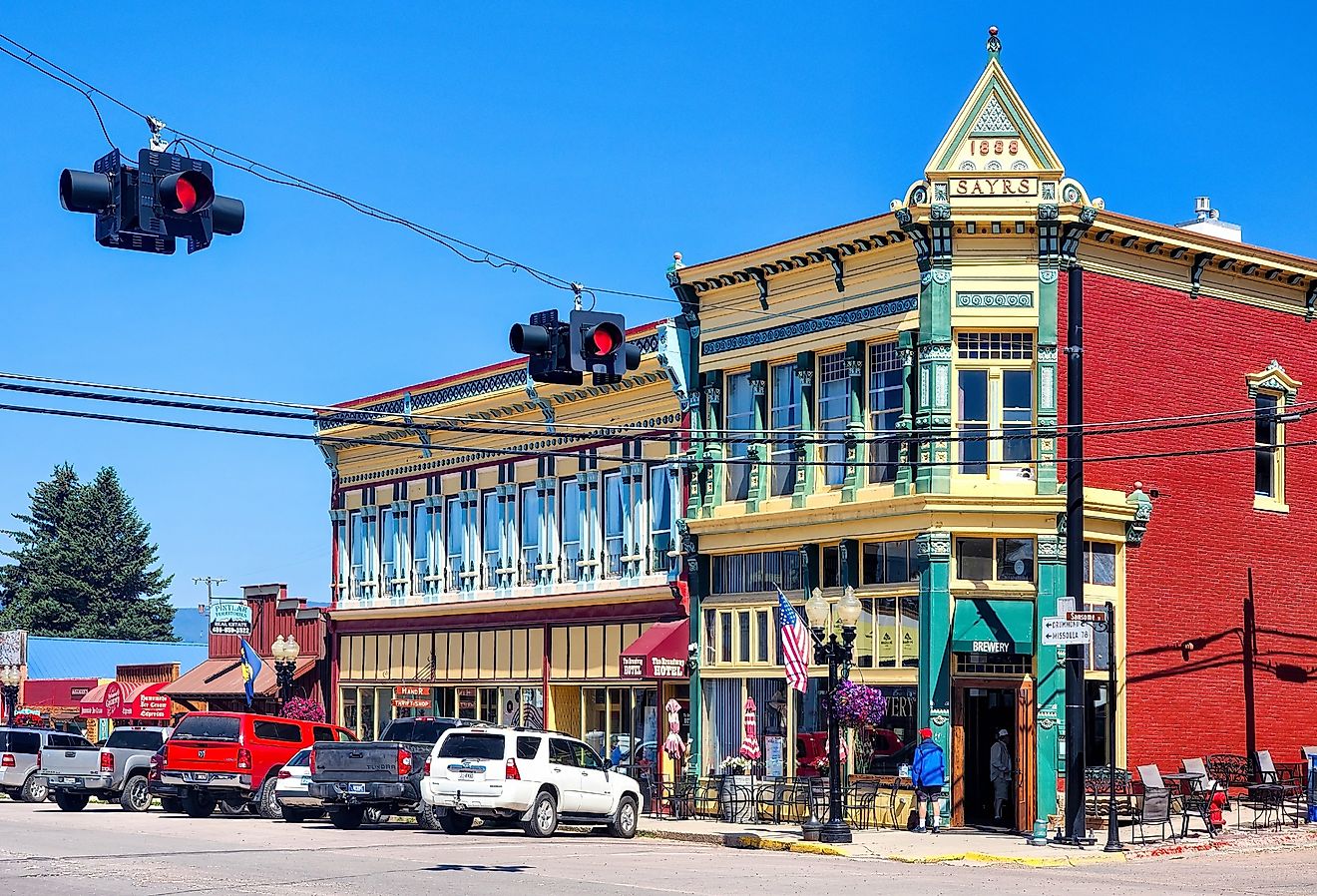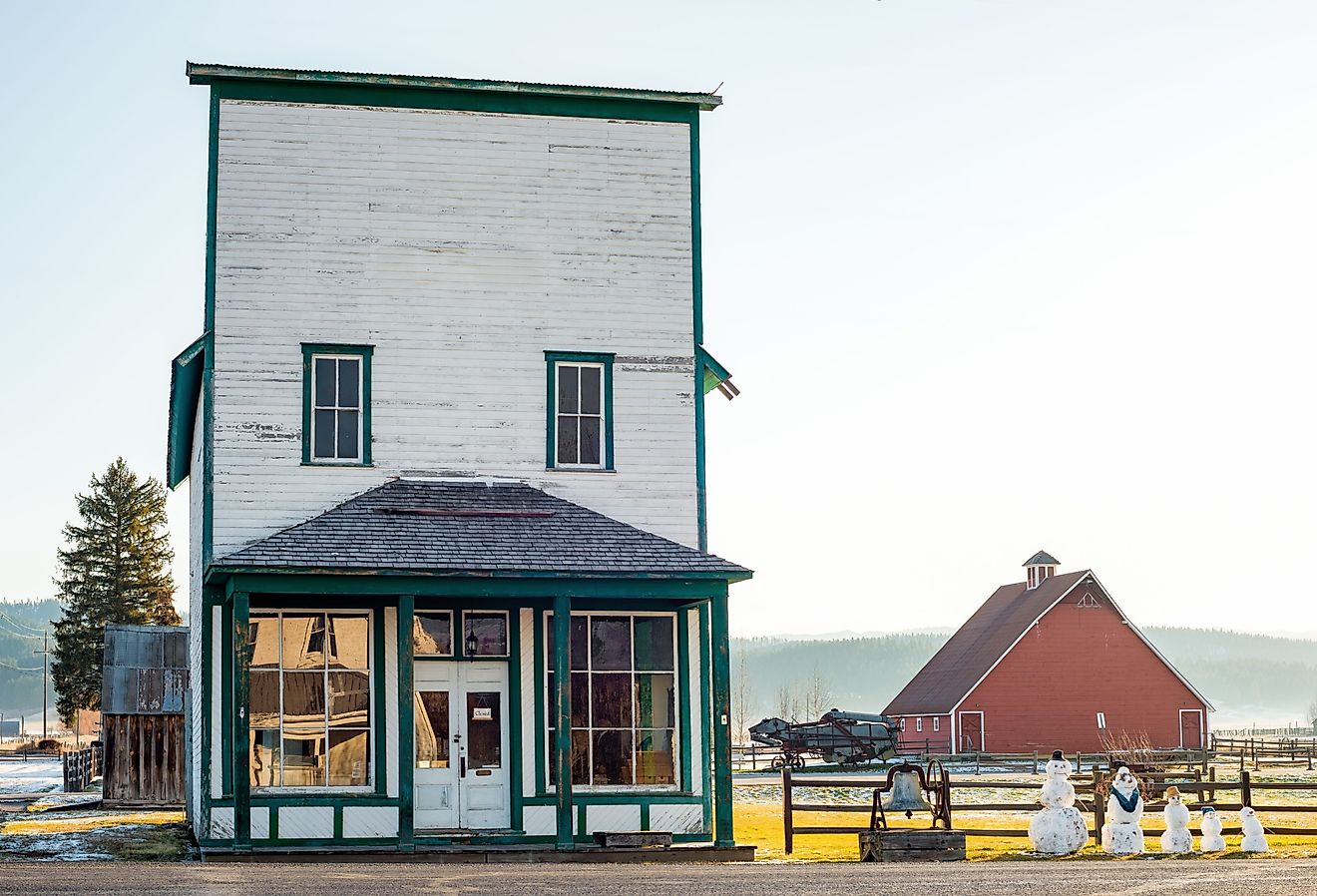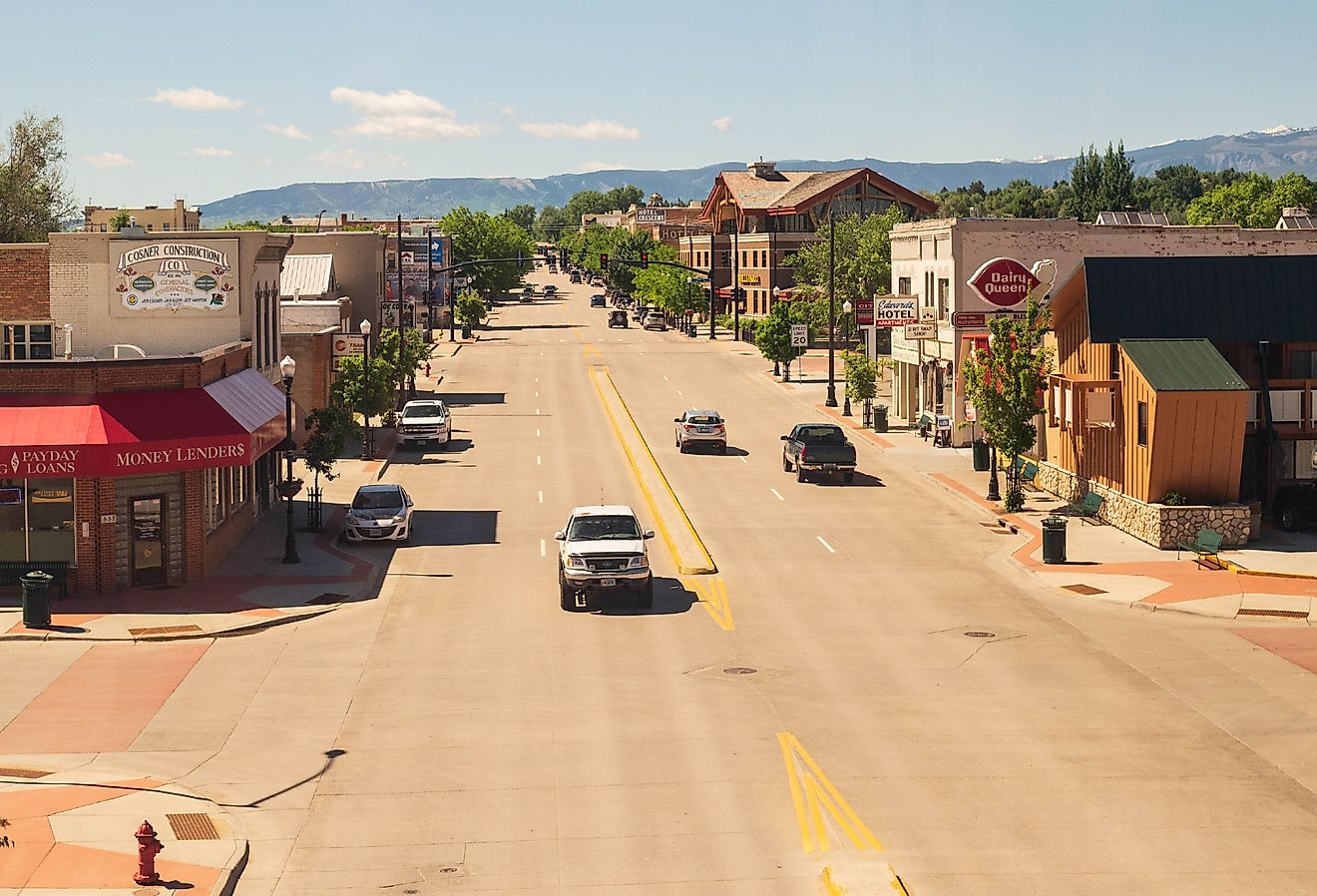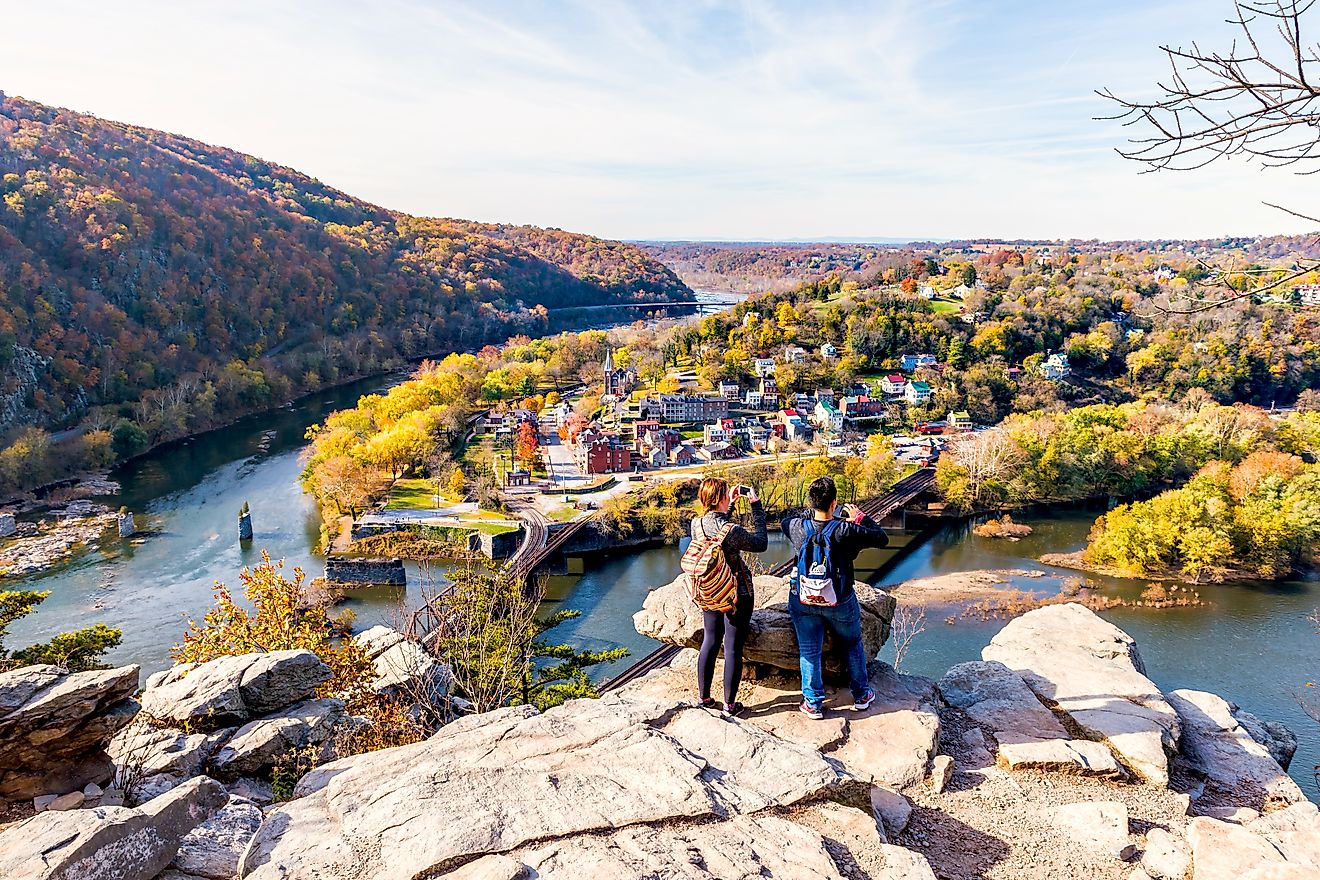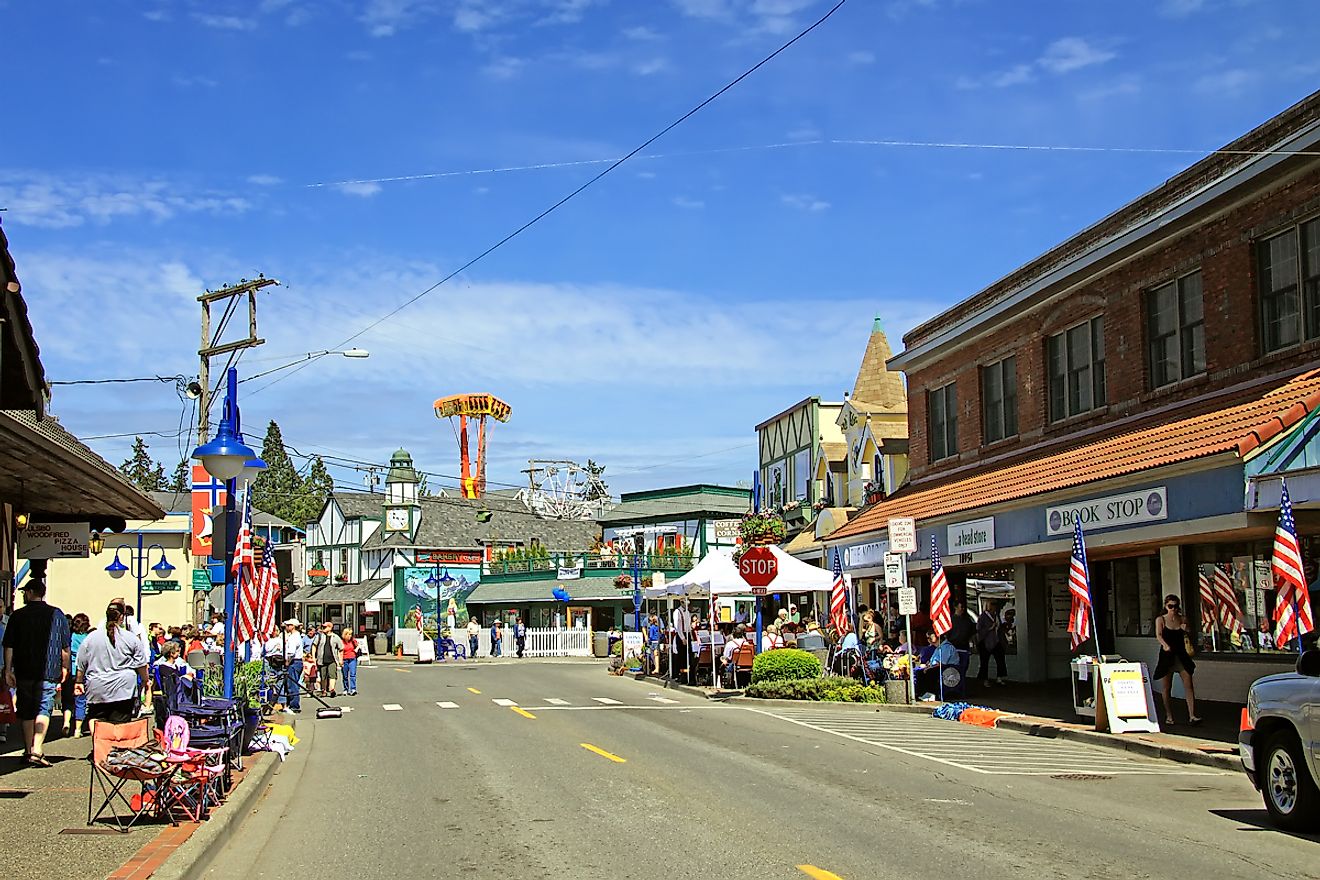
9 Most Hospitable Towns In Washington
Ever picture a place where the local diner slides a fresh slice of pie to a stranger, just because that’s how neighbors act? Washington may be known for its soaring peaks and lush forests, but a handful of its smaller communities quietly keep the frontier tradition of neighborliness very much alive. These places pull up a chair and offer you a seat at the table. Far from the crowds of Seattle or Spokane, you’ll find inviting storefronts where the proprietor knows your name by the second visit, and annual festivals where newcomers slip into the rhythm as if they’ve been attending for decades.
In this collection of ten exceptionally friendly towns, hospitality isn’t a marketing slogan; it’s a legacy passed down through longtime shopkeepers, volunteer fire departments, and civic planners who built everything around the idea that people matter most.
Leavenworth
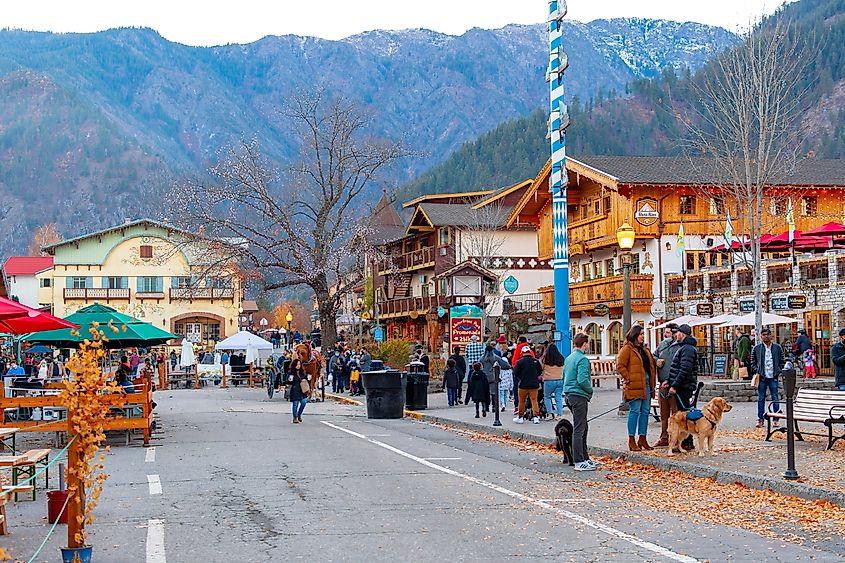
Leavenworth is a small town in the Cascade Mountains, just two hours from Seattle. Once a logging and railroad hub, it transformed in the 1960s into a Bavarian-style village to revive its economy. Every building downtown is designed in traditional Bavarian architecture, including the post office and McDonald's. The town hosts major annual events such as Oktoberfest, the Autumn Leaf Festival, and the Christmas Lighting Festival, which draw thousands of visitors. Leavenworth’s transformation is a coordinated civic project that includes strict design codes, cultural programming, and support from local businesses, making it one of the most intentionally hospitable towns in the state.
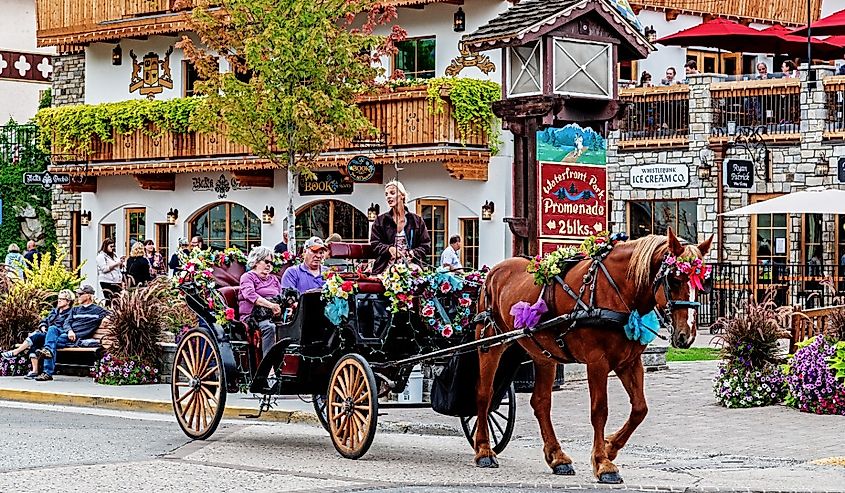
Front Street Park is the central gathering place, surrounded by shops like The Cheesemonger's Shop and Kris Kringl holiday store. Icicle Brewing Company serves beer brewed on-site with local ingredients. Mozart’s Steakhouse and Andreas Keller offer German menus with imported sausages and beers. The Leavenworth Nutcracker Museum houses over 9,000 nutcrackers from more than 50 countries. Waterfront Park provides access to the Wenatchee River for walking and birdwatching. The Leavenworth Reindeer Farm offers guided tours with close animal interaction.
Poulsbo

Poulsbo, located on Liberty Bay in Kitsap County, was settled primarily by Norwegian immigrants in the late 1800s and maintains a distinctly Scandinavian character. Known as "Little Norway," Poulsbo actively preserves this heritage through annual events such as Viking Fest, held each May, and the Julefest Christmas celebration in December, which includes traditional Scandinavian foods, crafts, and performances. The downtown area reflects Norwegian architecture and language, notably on storefront signs and street names. Murals and statues commemorating Scandinavian explorers are prominently featured throughout the town.
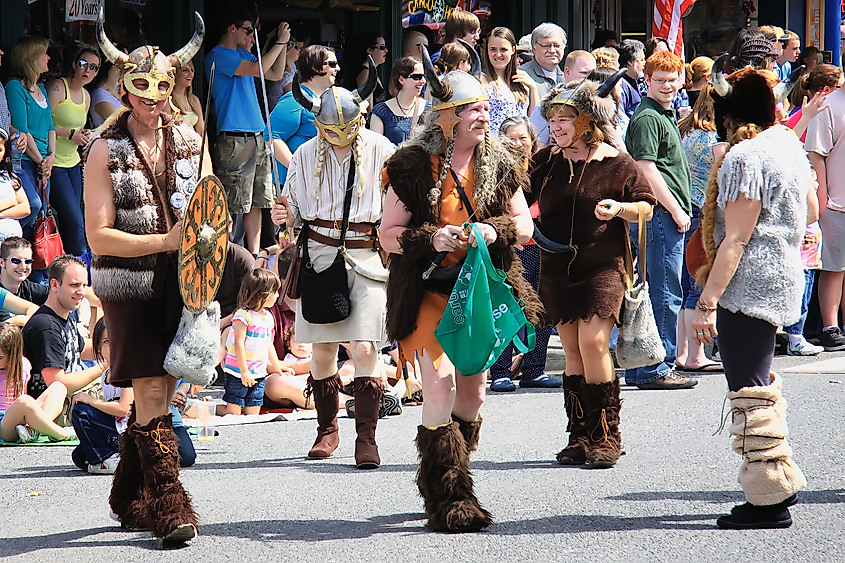
Front Street is the center of activity in Poulsbo, lined with businesses such as Sluys Poulsbo Bakery, famous for Norwegian pastries, and Valhöll Brewing, offering locally brewed beer. Poulsbo Maritime Museum highlights local maritime history, featuring exhibits on boatbuilding and fishing. The SEA Discovery Center presents marine life native to Puget Sound. Poulsbo’s waterfront parks, including Muriel Iverson Williams Waterfront Park and American Legion Park, provide walking paths and bay views. Burrata Bistro and The Loft offer menus emphasizing fresh seafood and local ingredients.
Walla Walla

Walla Walla, located in southeastern Washington near the Oregon border, was originally inhabited by the Cayuse and Walla Walla tribes before settlers arrived in the 19th century. The town gained prominence historically through agriculture and as a stopping point on the Oregon Trail. Today, Walla Walla is renowned for its wine industry, with more than 120 wineries, including prominent establishments such as L’Ecole No. 41 and Woodward Canyon Winery. Community events such as the Walla Walla Balloon Stampede, held annually since 1974, and the Walla Walla Sweet Onion Festival exemplify the city's organized approach toward welcoming visitors.
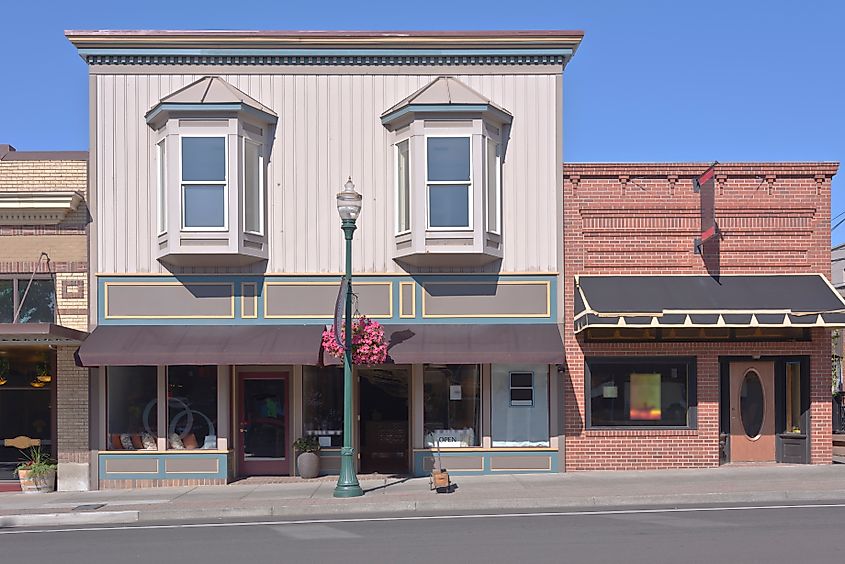
Downtown Walla Walla includes Pioneer Park, featuring an aviary and extensive walking paths, and Whitman Mission National Historic Site, which commemorates a significant 1847 event involving local tribes and missionaries. Notable dining includes Brasserie Four, serving traditional French cuisine. The Marcus Whitman Hotel provides accommodations within a historic setting. Walla Walla also hosts the Power House Theatre, a performing arts venue operating in a converted electrical plant.
Gig Harbor
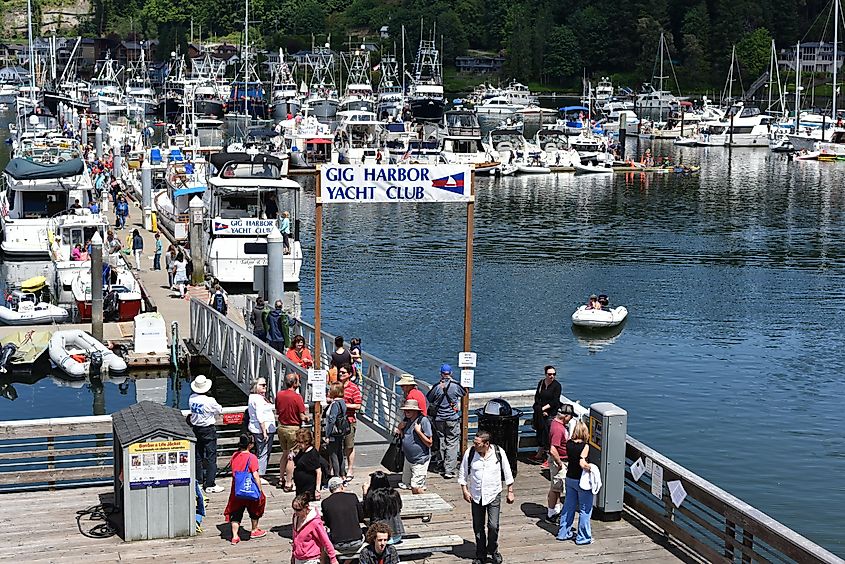
Gig Harbor is situated in Pierce County on Puget Sound, directly northwest of Tacoma, connected by the Tacoma Narrows Bridge. Established by Croatian and Scandinavian fishermen in the late 1800s, the city retains its maritime heritage through continued commercial fishing operations and preserved historic sites. A notable historical landmark is the Skansie Brothers Park and Netshed, formerly the site of a working net shed and boatyard. The city annually hosts maritime-focused events, including the Gig Harbor Maritime Gig Festival each June, which includes boat races and local demonstrations of traditional fishing methods.

The Harbor History Museum displays exhibits highlighting the region’s maritime history and the significance of the Narrows Bridge. Waterfront dining establishments include Tides Tavern, a local gathering point since 1973, and Netshed No. 9, offering breakfast and lunch on Harborview Drive. Outdoor recreation opportunities include Cushman Trail, a paved pathway used frequently by pedestrians and cyclists, and Kopachuck State Park, providing beach access along Carr Inlet.
Port Townsend
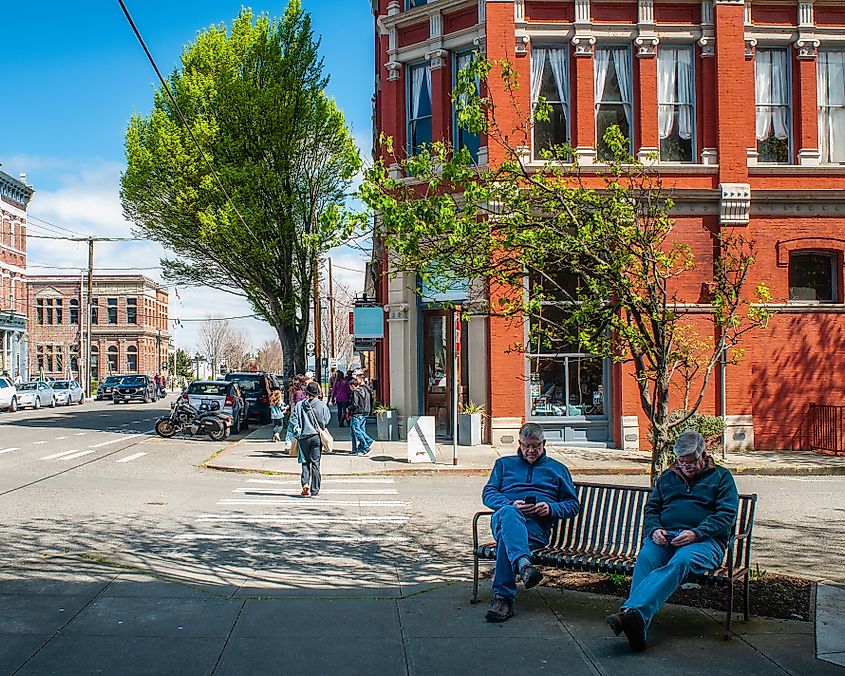
Port Townsend is located at the northeastern tip of the Olympic Peninsula, overlooking Puget Sound. Established in 1851, it became an important shipping port during the late 19th century, recognized nationally for its Victorian-era architecture, notably preserved in the Uptown and Downtown districts. The town maintains historic significance through structures like the Jefferson County Courthouse, constructed in 1892, and Fort Worden Historical State Park, originally a military base, now repurposed for cultural and recreational use. Community-organized events, notably the annual Wooden Boat Festival held at Point Hudson Marina and the Port Townsend Film Festival, reinforce the town’s planned approach to hospitality.
Fort Worden Historical State Park includes the Port Townsend Marine Science Center and extensive hiking trails. The Northwest Maritime Center serves as an educational resource highlighting regional maritime history and boatbuilding practices. Local dining establishments, such as Silverwater Cafe on Taylor Street and The Fountain Cafe, offer regional menus highlighting local produce. Elevated Ice Cream Company provides locally-made desserts, operating continuously since 1977.
Ellensburg
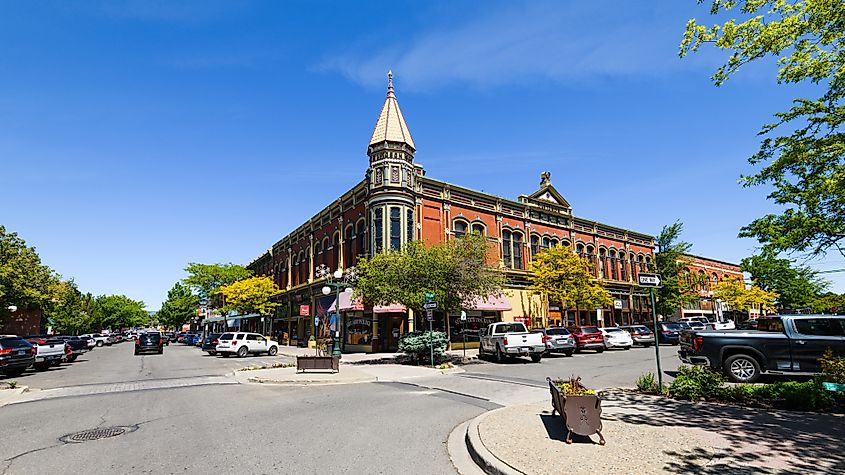
Ellensburg is situated in central Washington’s Kittitas Valley along Interstate 90, approximately halfway between Seattle and Spokane. Established in 1871, Ellensburg became the county seat after winning a competition against neighboring towns in the late 1800s. The city survived a devastating fire in 1889, subsequently rebuilding with brick architecture, exemplified by structures in its downtown historic district, including the Davidson Building constructed the same year. Ellensburg annually hosts the Ellensburg Rodeo, one of the largest professional rodeos in the United States, dating back to 1923. Central Washington University's presence significantly contributes to structured community events such as concerts, lectures, and athletic competitions.
Downtown Ellensburg includes prominent establishments such as Palace Cafe, operating continuously since 1892, known for serving traditional American breakfasts. Iron Horse Brewery operates a popular tasting room downtown, specializing in craft beers. Local cultural resources include the Kittitas County Historical Museum, displaying exhibits on regional history, and Gallery One Visual Arts Center, which hosts exhibitions featuring regional artists. Irene Rinehart Riverfront Park provides recreational access along the Yakima River through trails and fishing areas.
Bainbridge Island
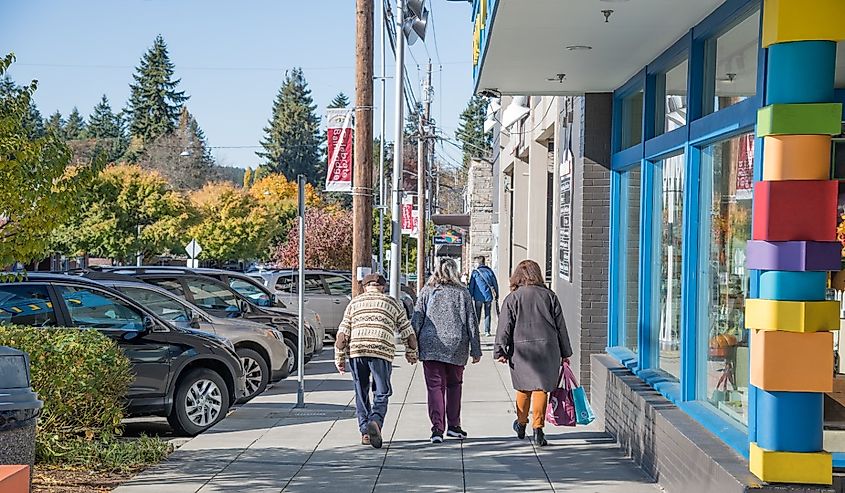
Originally inhabited by the Suquamish tribe, the island was settled in the mid-1800s by loggers, farmers, and shipbuilders. Bainbridge Island holds historical significance as the location of the first forced relocation of Japanese-American citizens during World War II, memorialized at the Bainbridge Island Japanese American Exclusion Memorial. Winslow, the island's primary commercial area, is organized around a compact downtown featuring shops, galleries, and restaurants. The island’s structured approach to community hospitality is evident through annual events like the Bainbridge Island Studio Tour, highlighting local artists and artisans.
Bainbridge Island Museum of Art hosts rotating exhibits featuring regional artists and educational workshops. The Bloedel Reserve offers extensive gardens and forested walking paths open year-round. Waterfront Park provides direct access to Eagle Harbor for recreational boating and walking trails. Popular dining establishments include Cafe Hitchcock, a farm-to-table restaurant specializing in Pacific Northwest ingredients, and Streamliner Diner, serving breakfast since 1980. Pegasus Coffee House operates as a longstanding community gathering space.
Mount Vernon
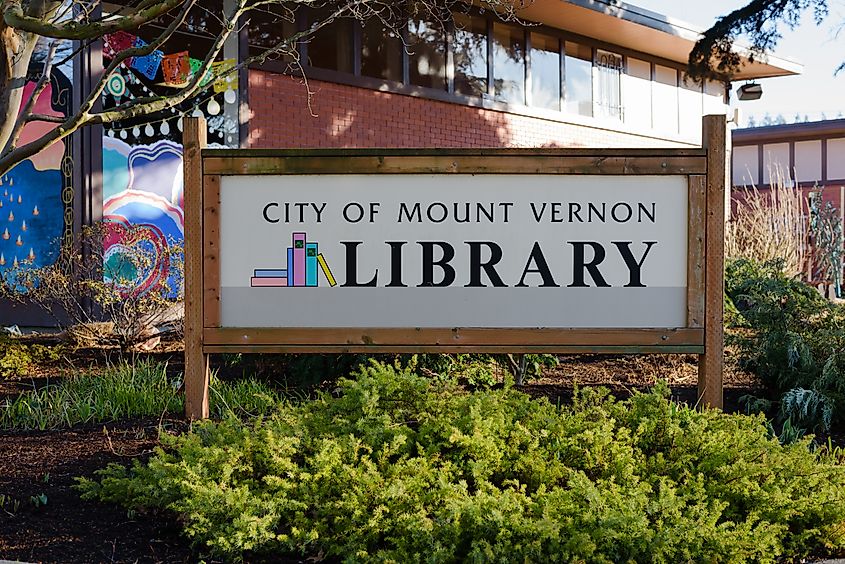
Mount Vernon is located in Skagit County, along the banks of the Skagit River, halfway between Seattle and Vancouver, British Columbia. Founded in 1877, the city has historically served as an agricultural hub, particularly famous for cultivating tulips and daffodils, celebrated annually through the Skagit Valley Tulip Festival each April. This month-long festival attracts hundreds of thousands of visitors to local farms such as RoozenGaarde and Tulip Town, both hosting extensive flower displays and educational tours. The city’s downtown includes the Skagit County Courthouse, built in 1923, which anchors a historic district recognized on the National Register of Historic Places.
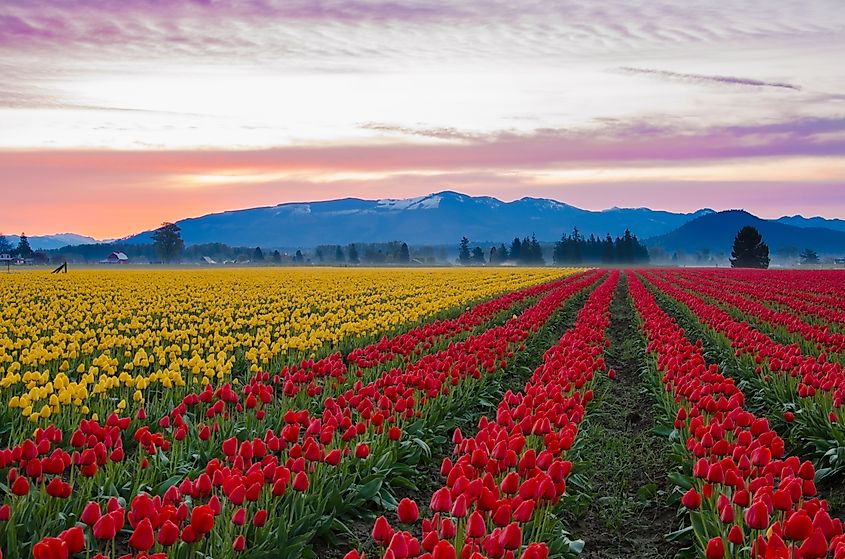
The downtown Riverwalk offers pedestrian trails along the Skagit River, featuring McIntyre Hall Performing Arts Center, hosting regional music and theater performances. Local businesses include Calico Cupboard Café & Bakery, known for homemade breakfast pastries, and Skagit River Brewery, operating since 1995. Little Mountain Park provides public trails and viewpoints overlooking the Skagit Valley. Skagit County Historical Museum displays exhibits on local farming heritage.
Anacortes
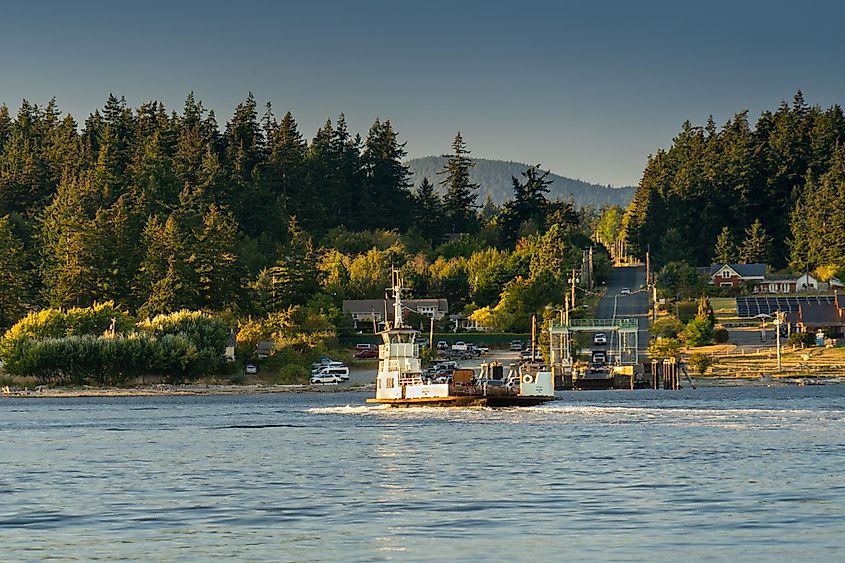
Founded in 1879, the city was initially promoted as a significant railroad terminus and maritime hub, evolving into a commercial fishing port and shipbuilding center. Anacortes actively preserves maritime traditions, exemplified by annual events including the Anacortes Waterfront Festival, featuring maritime demonstrations, and the Anacortes Arts Festival, established in 1962, hosting regional artists and craftspeople. The town’s downtown historic district maintains preserved early 20th-century structures, such as the Majestic Inn & Spa, originally built in 1890, emphasizing the city’s structured historical preservation efforts.
Cap Sante Park provides viewpoints overlooking Anacortes Marina and the Cascade Mountains. Washington Park offers walking trails and camping sites near Rosario Strait. The Maritime Heritage Center showcases exhibits on local maritime industries. Notable establishments include Adrift Restaurant, offering seafood sourced locally, and Gere-a-Deli, operating downtown since 1981. The Anacortes Farmers Market operates seasonally, providing local agricultural products.
From the Bavarian charm of Leavenworth to the maritime legacy of Anacortes, Washington’s smaller cities display hospitality that runs deeper than a simple hello. Each location’s history, annual events, and cultural landmarks intertwine to foster welcoming spaces for residents and visitors alike. These towns aren’t mere stopovers—they exemplify community-minded living where tradition blends with modern amenities. Together, they demonstrate how genuine connections, shared heritage, and scenic backdrops transform everyday interactions into lasting memories that define Washington’s enduring neighborly spirit overall.
